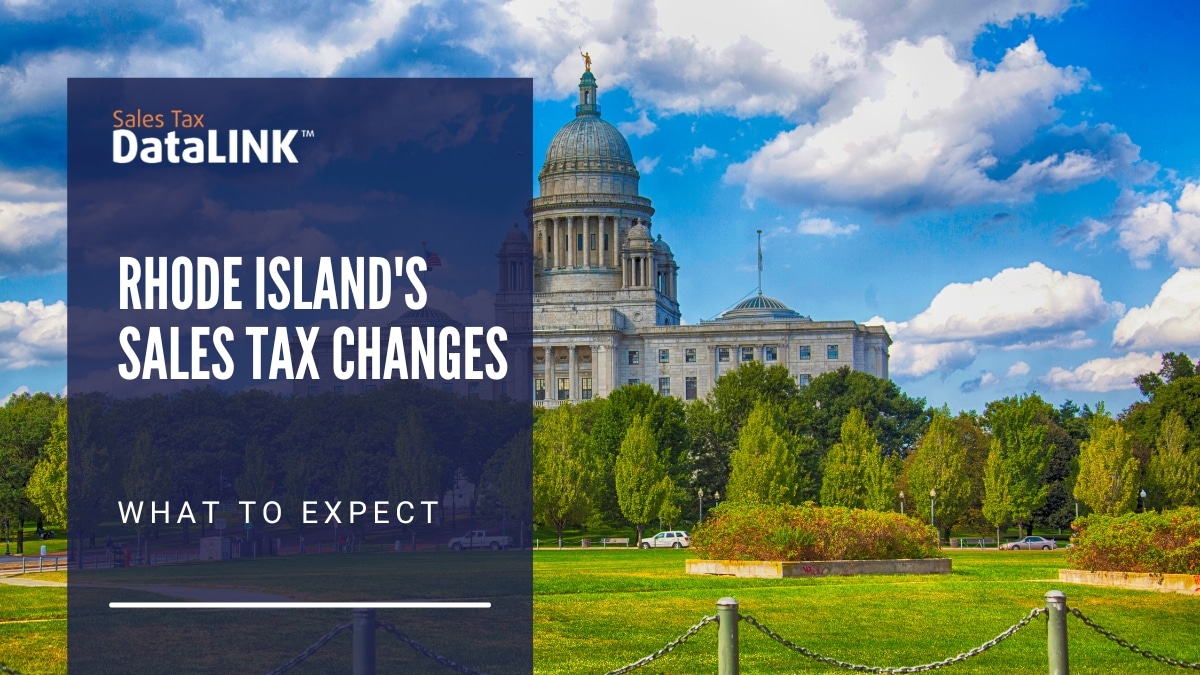Rhode Island has long been suffering from economic woes and is looking to change the state sales tax structure in hopes of improving the financial position of the state. Some legislators are calling for a full repeal of sales tax while others are looking toward federally-triggered options if nationwide legislation is passed. And this December, sales tax on alcohol sales will drop to nothing to help bring keep customers from shopping in neighboring Taxachusetts, a common nickname for Massachusetts, which repealed alcohol taxes by a popular vote in 2010. The most controversial proposal on sales tax changes in Rhode Island is a wholesale repeal of the tax. Legislation proposed by Rep. Jan Malik aimed at ending sales tax in Rhode Island by October 1, 2013, but the bill did not pass. After sparking discussion about the relevance of sales tax, Rep. Jan Malik substituted another bill to appoint a committee of 13 members tasked with investigating sales tax in Rhode Island, including the possibility of repealing sales tax.
Rep. Jan Malik, however, does have some vested personal interest in sales tax in Rhode Island, especially when it comes to liquor sales as he owns Malik Liquor, less than two miles away from the Rhode Island-Masschusetts line, and is a member of the RI Liquor Association. The new budget in Rhode Island includes provisions that exempt sales of alcoholic beverages from sales tax when sold at package or liquor stores between December 1, 2013, and March 31, 2015. While this excludes beer and malt beverages, package store owners hope this will keep business from Massachusetts, where alcohol is no longer taxed. Package stores in Massachusetts saw more business because of the repeal of the sales tax on alcohol. However, in both Massachusetts and Rhode Island, alcohol is still subject to excise tax. In Rhode Island, the budget is making up for lost revenue by increasing excise tax from $3 to $3.30 on every 31 gallons of beer and malt beverages, 60 cents to $1.40 per gallon on wine, and $3.75 to $5.40 for distilled alcohol beverages (excluding fortified wines). Not all package store owners are enthusiastic about the new sales tax exemptions.
The vote in Massachusetts was called for when sales tax was raised to 6.25%, keeping revenues sustained despite taxability changes. On top of sales tax changes in taxability exemptions and the possibility of repeal, Rhode Island has put in place legislation that triggers should federal legislation change to allow the collection of sales tax requirements for remote sellers. If legislation like the MFA or any other law is passed that gives states the power to force remote sellers to collect, Rhode Island’s sales and use tax rate will drop to 6.5% from 7% but meal and beverage taxes will rise from 1% to 1.5%. Clothing will be exempt if federal legislation goes into effect, nixing the current $250 threshold. For such a small state, Rhode Island has big plans to recoup losses caused by a changing economy.




